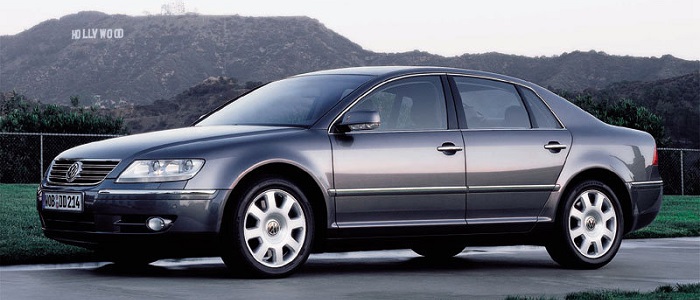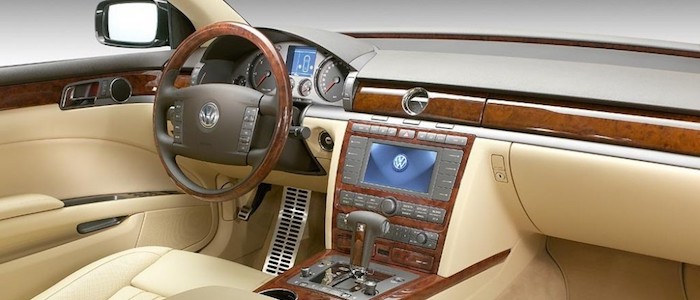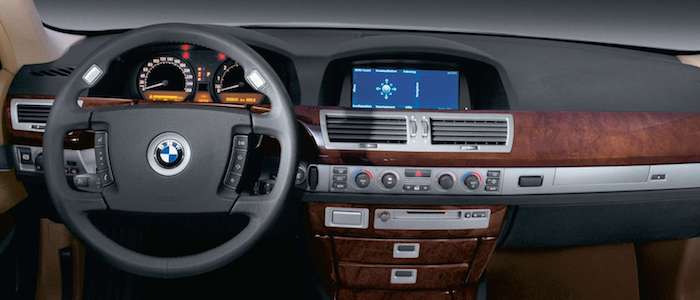Compare two cars
Compare any two cars and get our Virtual Adviser™ opinion
Dimensons & Outlines
Check vehicle history
Engine
Performance (manual gearbox)
Performance (automatic gearbox)
Expenses
Virtual Adviser's™ opinion
Two significantly similar cars, no doubt about that. Still, each one has something different to offer. Having both cars powered by diesel engines and utilizing the 4-door sedan body style within the same 'Executive car' segment, the only major difference here really is their wheel drive configuration (4 x 4 for the Volkswagen and rear in the case of the BMW). The first one has a Volkswagen-engineered powertrain under the hood, a 10-cylinder, 20-valves 313hp unit, while the other one gets its power and torque from a 8-cylinder, 32-valves 259hp engine designed by BMW.
SafetyUnfortunatelly, neither of the two vehicles was submitted to the European New Car Assessment Programme (Euro NCAP) testing. This makes it virtually impossible for me to pick one over the other and I'm generally against buying such cars as the safety should really always come first. That aside, let's consider some other aspects which affect safety. Both vehicles belong to the executive car segment, which is generally a fortune safety-wise, but that fact doesn't break the tie between the two cars. Furthermore, taking kerb weight as an important factor into account, Phaeton offers a considerable difference of 21% more metal.
ReliabilityManufacturers have been building their reliability reputation for decades now and, generally speaking, it appears that Volkswagen does have a slight advantage, at least on all of the models level. These are the official statistics, while our visitors describe reliability of Volkswagen with an average rating of 4.2, and models under the BMW badge with 4.1 out of 5. Some independent research have also placed Phaeton as average reliability-wise, and 7 Series is more or less at the same level.That apart, owners of different cars powered by the same engine as Phaeton rank it on average as 4.7, while the one under the competitor's bonnet gets 3.0 out of 5.
Performance & Fuel economyVolkswagen is a bit more agile, reaching 100km/h in 0.5 seconds less than its competitor. Still, it lacks the power to win the top speed competition, topping at 250 kilometers per hour, exactly the same as the other car does. When it comes to fuel economy the winner has to be 7 Series, averaging around 9.7 liters of fuel per 100 kilometers (29 mpg), in combined cycle. We can't ignore that 18% difference compared to Phaeton.
Verdict
Volkswagen is apparently more reliable, not too much, but just enough. The most important thing when deciding between any two vehicles should always be safety, both passive and active. In my opinion, everything taken into account, Phaeton offers significantly better overall protection, taking the lead here. It all continues in the same direction, with Volkswagen offering somewhat better performance, just enough to call it quicker. It does come at a cost though, and that's the fuel consumption... At the end, as much as I'd like to give you a winner here, it's simply a pure tie if you ask me. In any case that's my personal view, built upon all the data available to me. What should decide here though is the way you feel about the two vehicles, and I hope you'll find my guidelines useful in the process. Also, you could use the oportunity to find out which car, everything taken into account, would be the perfect choice for you in the eyes of the virtual adviser™, among thousands of similar, yet so different vehicles.

































